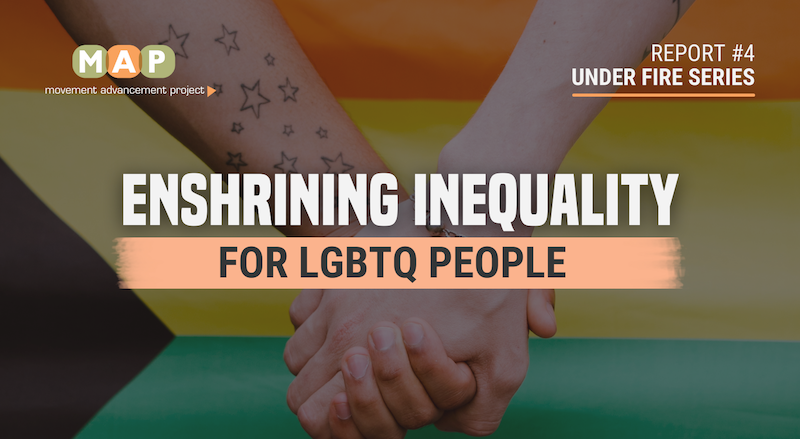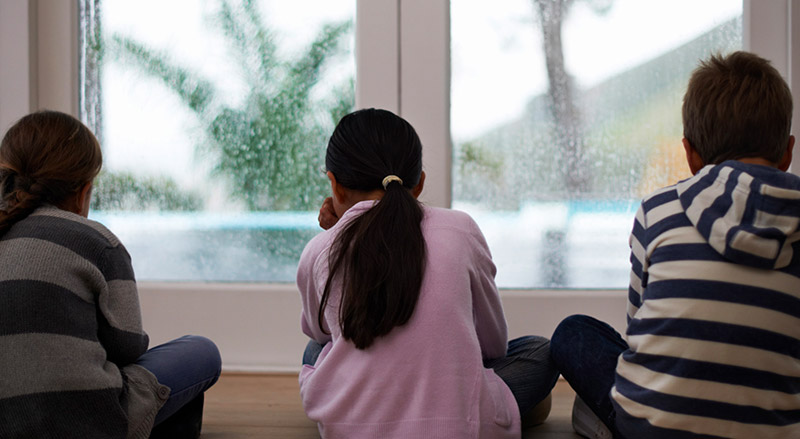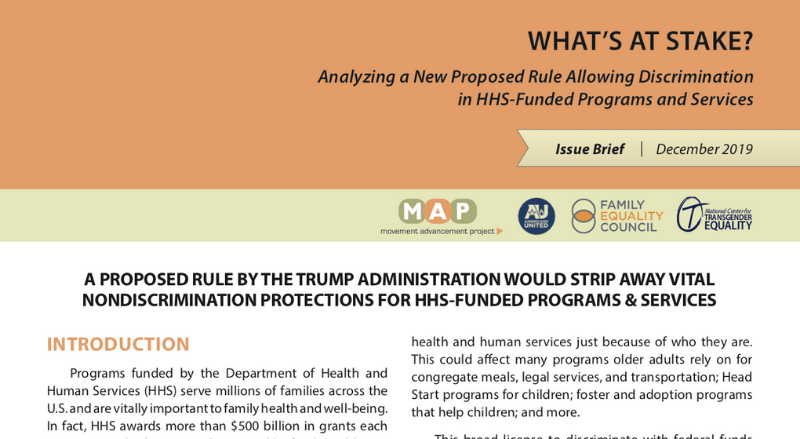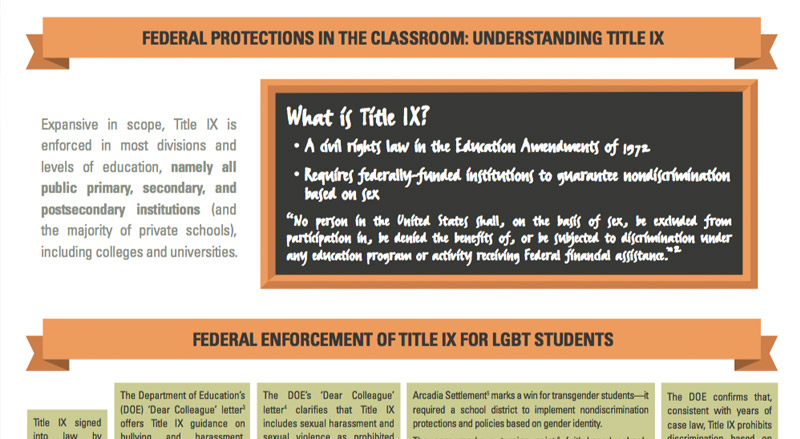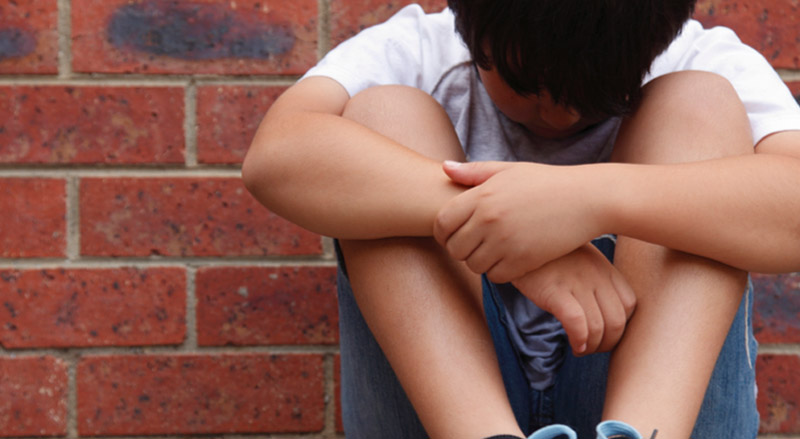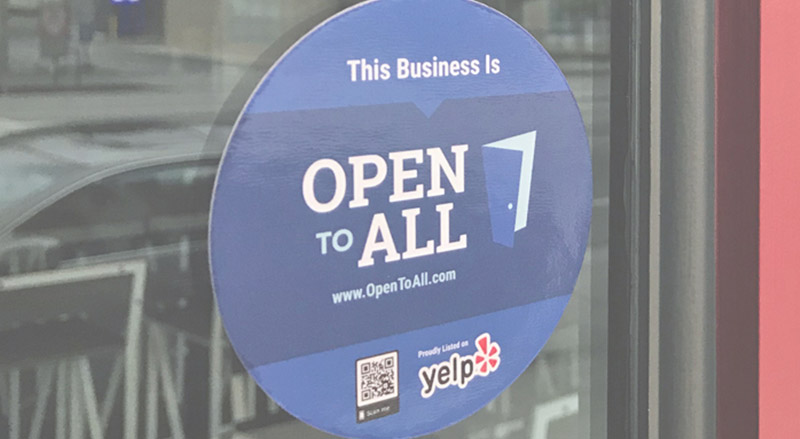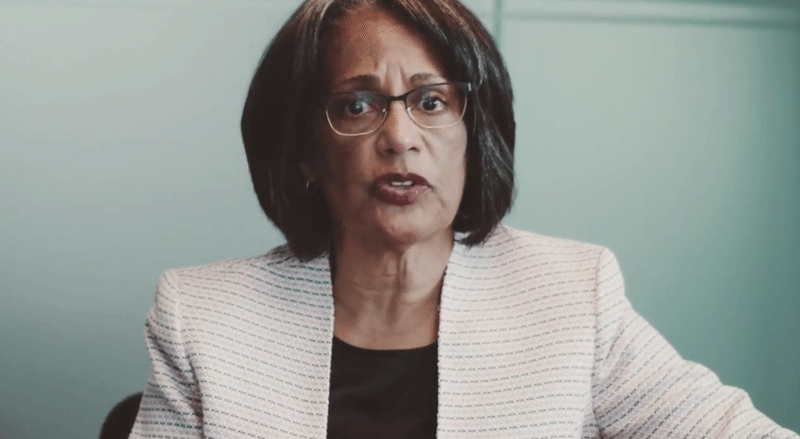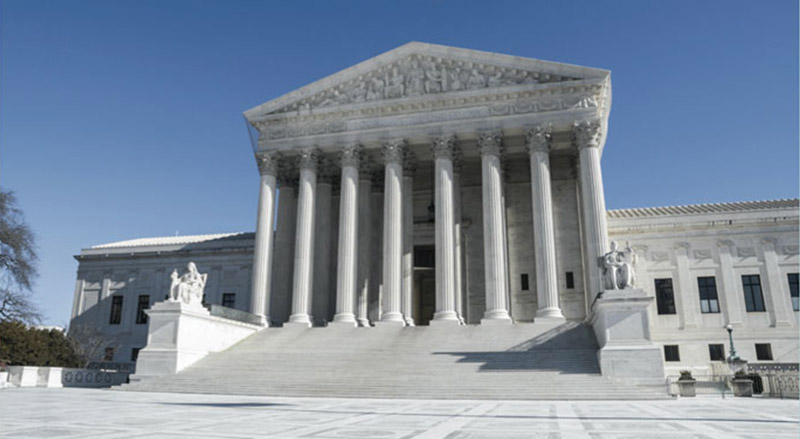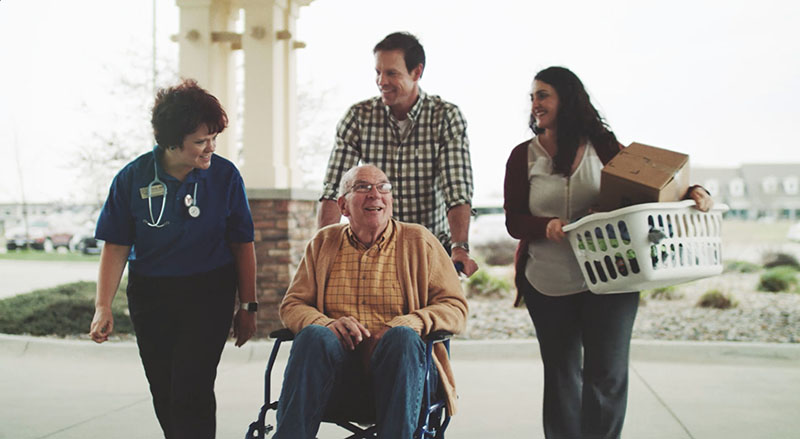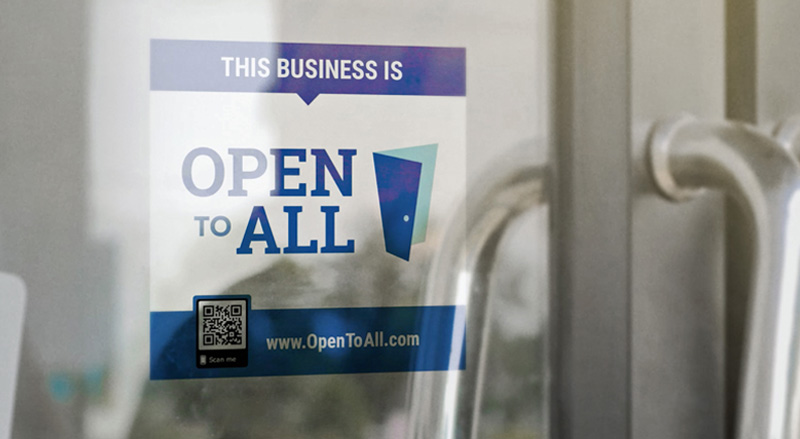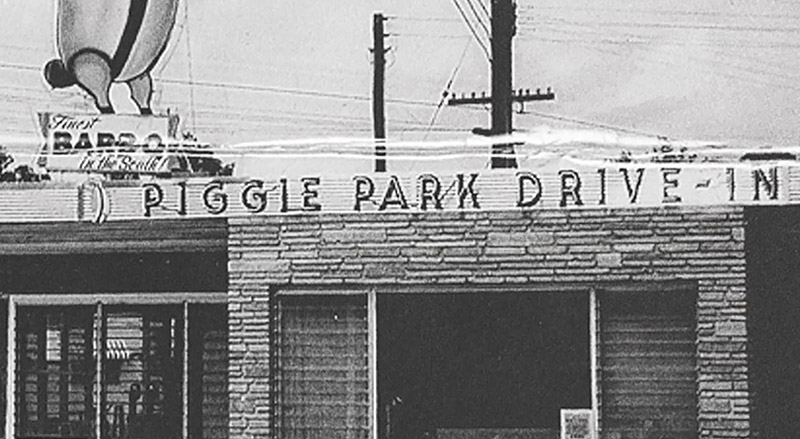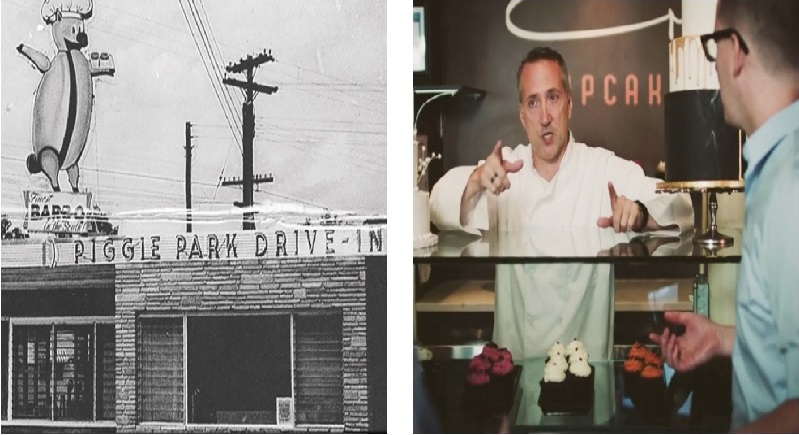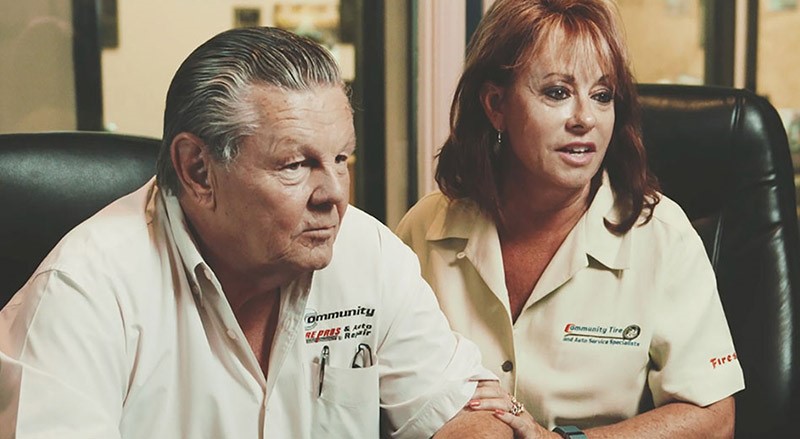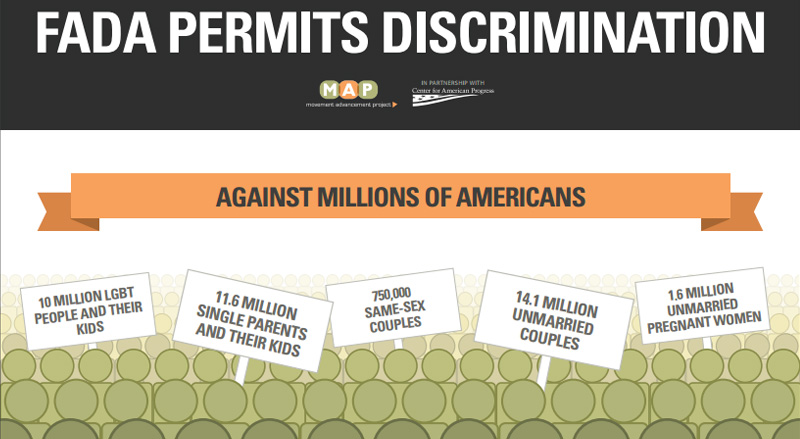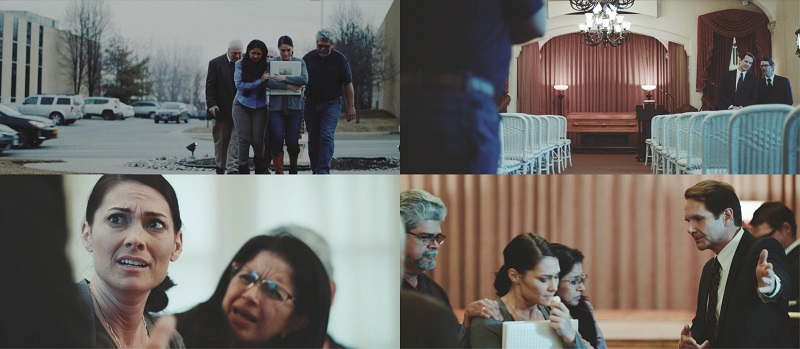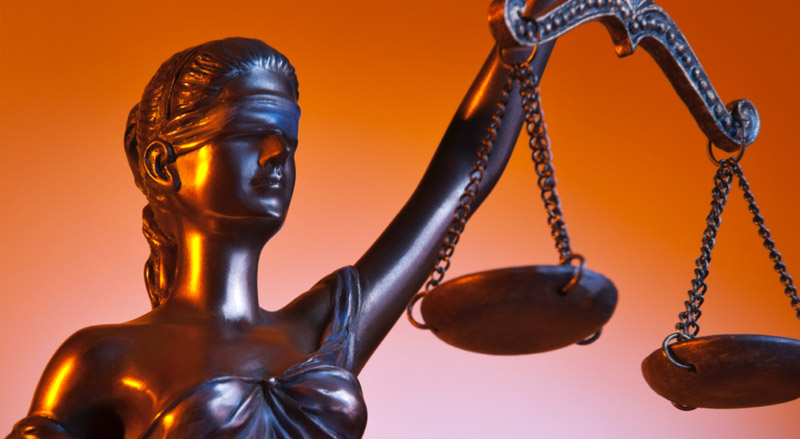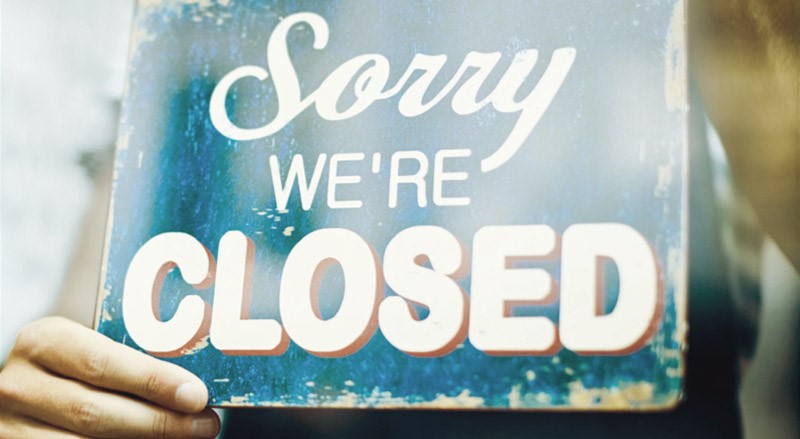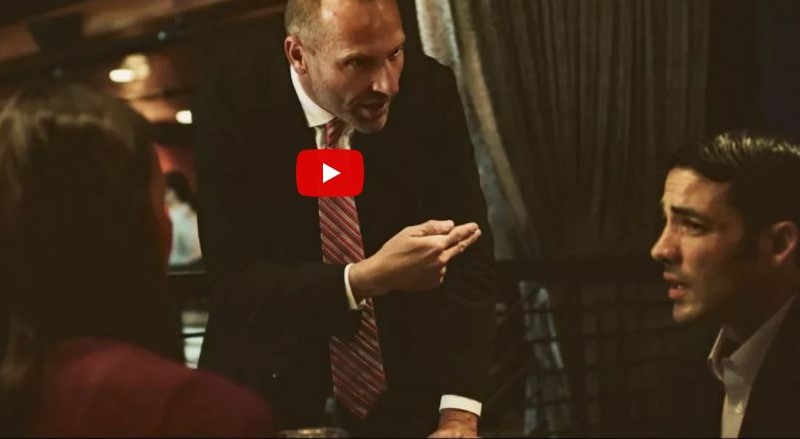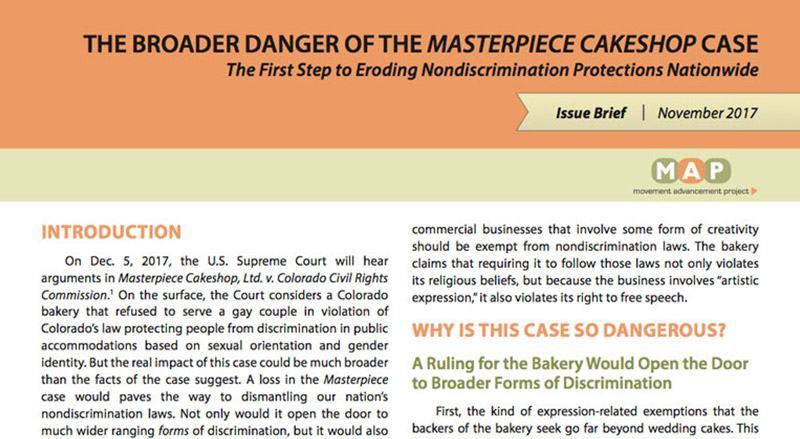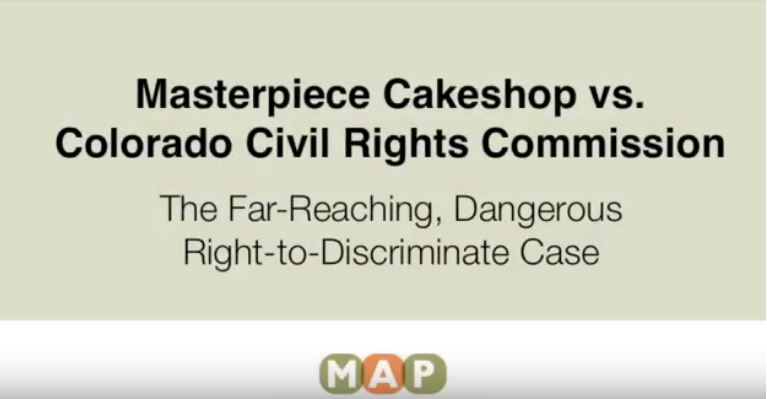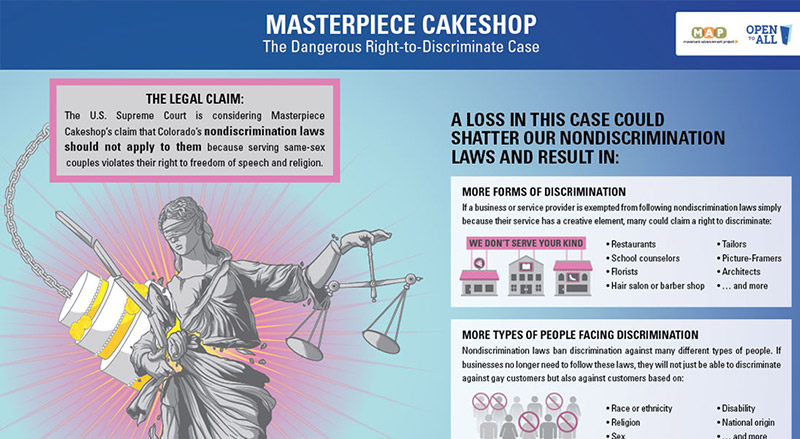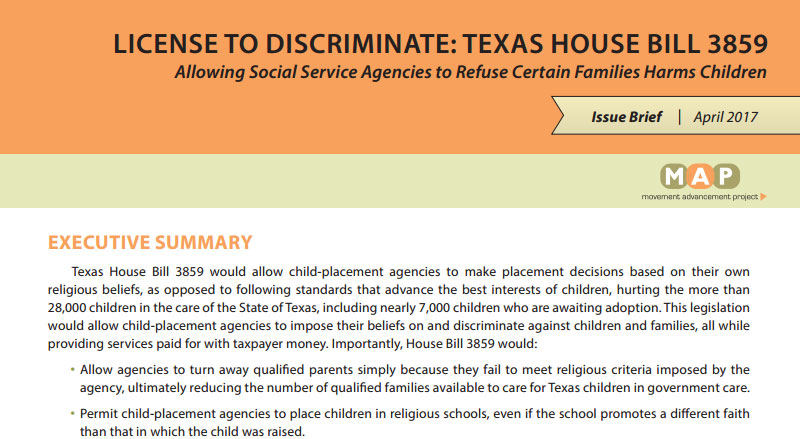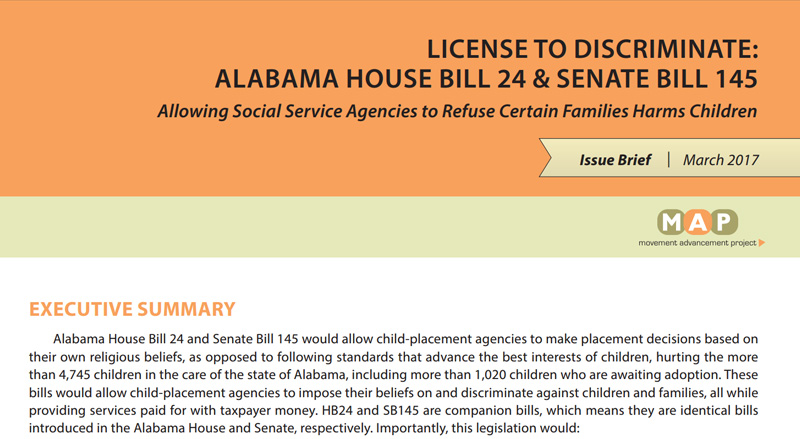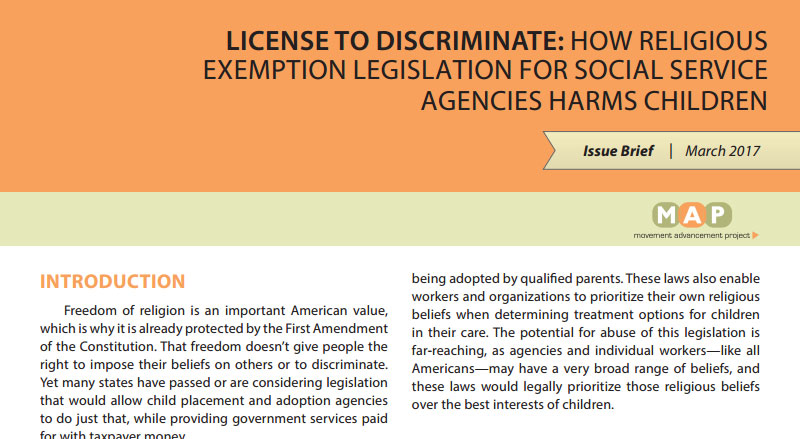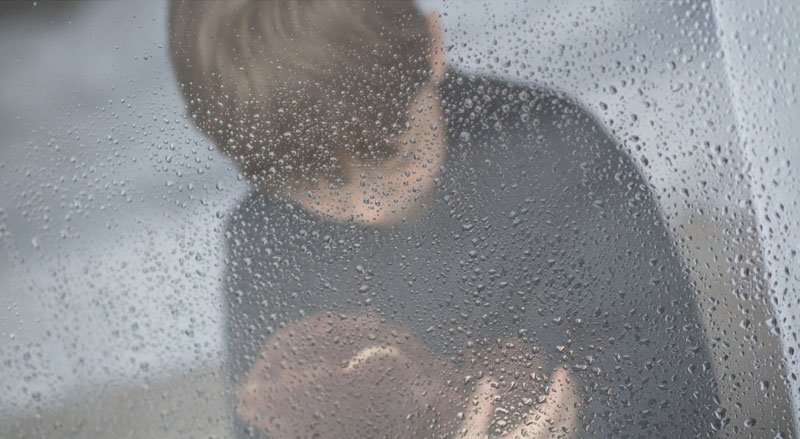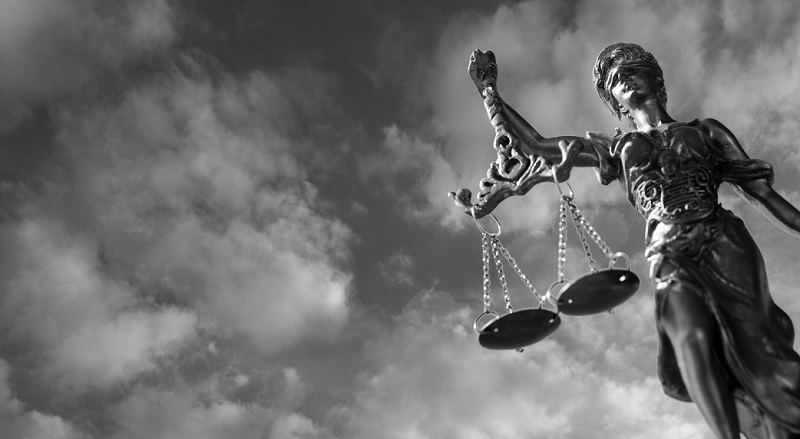Religious exemption laws permit people, churches, non-profit organizations, and sometimes corporations to seek exemptions from state laws that burden their religious beliefs. There is a coordinated strategy to mount legislation and litigation across the country to undermine nondiscrimination protections, comprehensive health care, and the regulations administering social and public services by inserting exemptions into the laws based on religious or moral beliefs. These attacks on the law include the so-called First Amendment Defense Act (FADA), state religious exemption laws in adoption and foster care, religious exemptions in healthcare including for reproductive care, denial of government services including marriages, denial of service in public businesses, the denial of employee benefits, and cases like the Hobby Lobby U.S. Supreme Court decision.
The resources on this page provide an overview of state religious exemption laws and analyze how religious exemptions threaten the health, wellbeing, and safety of many people in the United States, including LGBTQ people.

